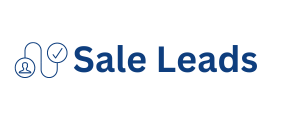A recent report by the London newspaper The Times has revealed how some British brands are financing extremist groups, without knowing it, when their ads are published on radical sites or videos with content related to these terrorist causes. A situation that raises whether programmatic advertising is the only responsible party. This situation resulted in radical New Zealand Mobile Number Database responses from brands such as Jaguar Land Rover, which have withdrawn all their digital advertising in the UK, while Thomson Reuters, has discontinued some of the elements of its programmatic advertising activities. The accusing finger has mostly pointed in the direction of programmatic advertising when these kinds of complicated situations arise in the media. But it wouldn’t be fair to put all the responsibility on this digital advertising inventory sharing methodology.
As experts point out, it is important to remember that programmatic advertising often includes a broad spectrum of automated purchases, a good portion of which allows buyers to maintain good control over what is purchased and where the ad is served. There is value in buying from advertising networks and in open markets through intermediaries, but brands really need to review these opportunities and sellers, to be sure that they have the necessary containment and security measures, for good performance. of the ads. The programmatic advertising business has suffered as a consequence of a percentage Phone Number List that still see it as of less value, used for excess inventory. What would occur, historically, in open marketplaces, which have been flagged for lack of transparency. But brands and publishers are mobilizing to more effectively control these environments, such as private marketplaces and direct programmatic selling, where individual publishers and select buyers interact. Some buyers try to establish ‘white lists’ in open markets with the intention of avoiding these errors, such as those pointed out by the British publication. And it is that, it seems that programmatic advertising still has a long way to go, but it is still a very useful mechanism, whose use also depends on all the actors involved.
